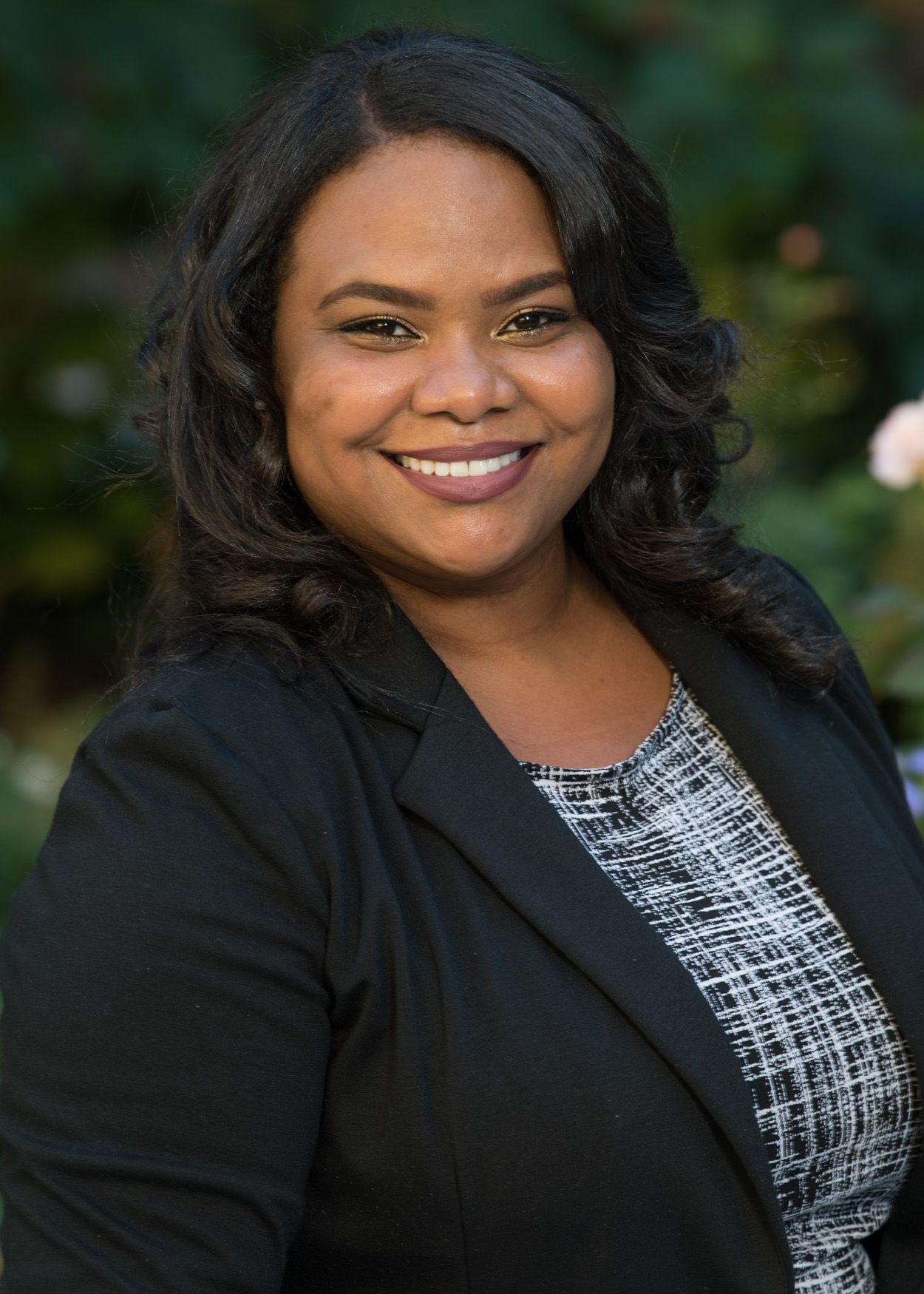At the Intersection of Life and Work

Takeaways for those in positions of influence/authority
- Continue (or increase!) investment in the wellbeing of individuals.
- Model and invite authenticity, vulnerability, empathy and self-compassion.
- Seek out underrepresented or overlooked talent in your unit and be it through mentorship, championing, or policy change, facilitate opportunities for their development, advancement and inclusion in spaces they might not otherwise access.

Takeaways for talent
- If you want to be valued for who you are, stop hiding! Take risks, connect and speak-up. No matter your role, you are a valuable member of this community.
- Seize any growth opportunity and prioritize it. Remember, development is productive — it is not frivolous or indulgent.
- Own your career journey and seek support along the way.
